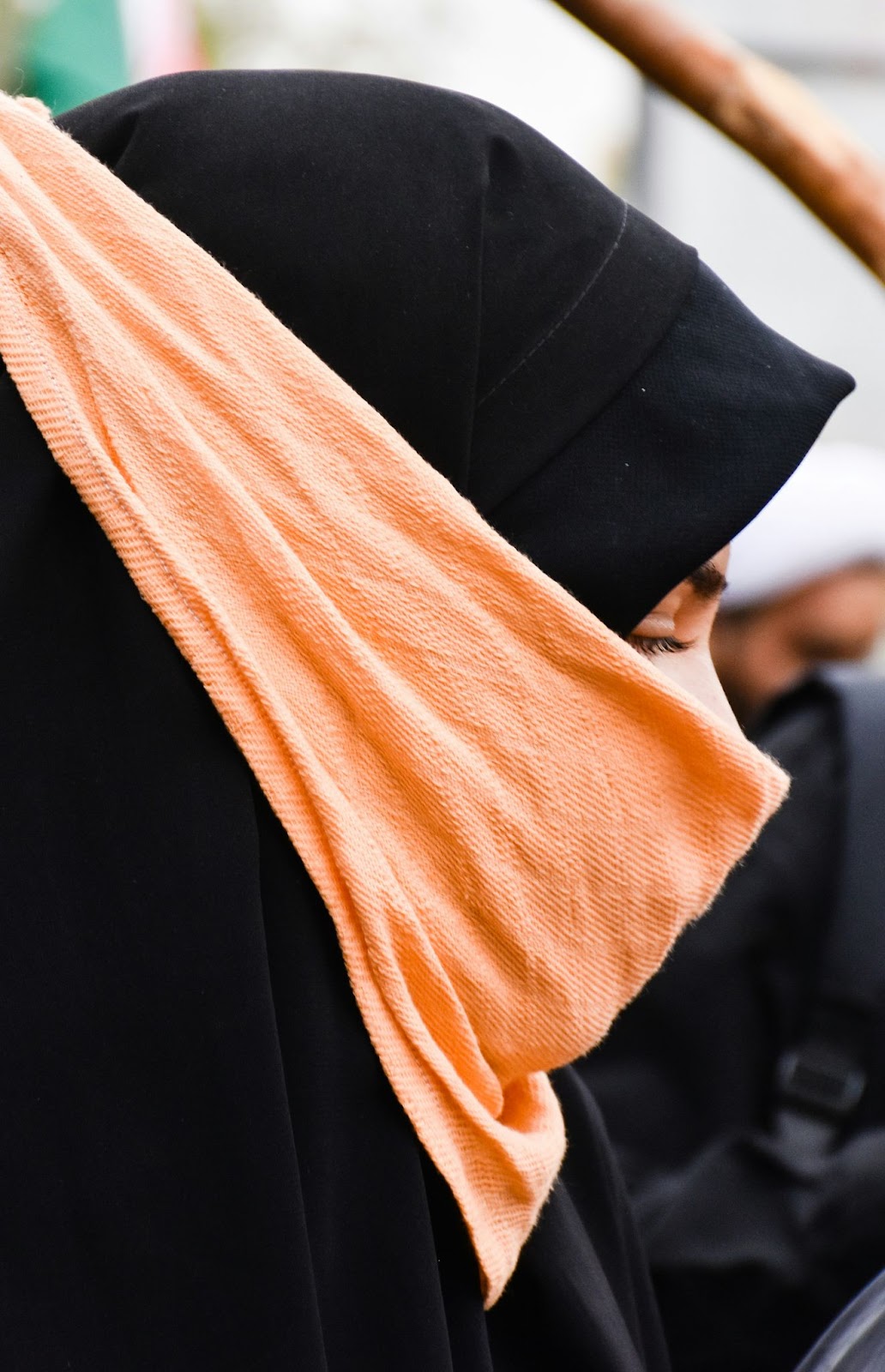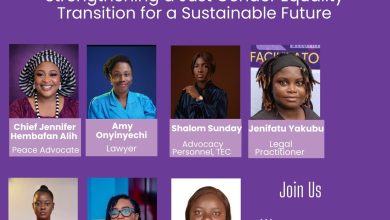10 Ways Male Group Taliban Oppresses Afghanistan women and girls

|
Getting your Trinity Audio player ready...
|
In August 2021, a group of men, the Taliban, resumed authority in Afghanistan after twenty years of their dismissal by the U.S. troops. Since their forceful overtake of leadership, they have used their office to oppress women and girls and disregard their rights.
Under Taliban rule, Afghan women and girls face severe restrictions that affect every aspect of their lives. The restrictions also affect Afghanistan’s economy, leading to widespread job losses and soaring malnutrition. Yet, the violation of the laws can result in arbitrary detention, violence, or worse, including detention for “moral corruption.”.
Here are 10 ways Taliban oppress Afghan women and girls
- Restriction to education
The Taliban enforced a ban preventing Afghan girls from attending secondary schools and universities, limiting formal education to primary school for girls up to age 12. The UNESCO reports that 1.4 million Afghan girls have been deliberately deprived of schooling, and access to primary education has also fallen sharply, with 1.1 million fewer girls and boys attending school.
This restriction affects millions of girls and young women, creating a generation deprived of formal education and reducing future employment opportunities for Afghan women. While some underground schools and online platforms have attempted to fill this educational void, these efforts remain risky due to Taliban monitoring and potential consequences for those involved.
- No access to work outside of the home
In Afghanistan, women are not allowed to work in any sector outside of healthcare. This prohibition spans public and private sectors, including government, education, and NGOs. Aware of the need for female healthcare workers to treat female patients, the Taliban permits women to work in specific healthcare roles, such as doctors and midwives, though under strict monitoring. Some humanitarian organisations and NGOs have managed to retain limited female staff, but the Taliban regulations severely restrict these roles, particularly where direct community engagement is involved.
- Reduced access to public presence
The Taliban imposes strict restrictions on women’s movement and public presence in Afghanistan. Women are prohibited from travelling long distances or visiting nearby areas without a mahram (male guardian). This ban severely curtails women’s autonomy and independence, limiting their ability to access essential services, education, and social opportunities. Additionally, women are barred from parks, gyms, and many other public spaces nationwide. These measures are enforced as part of a rigid interpretation of Islamic law.
- Restricted access to safe healthcare
In addition to their restricted freedom of movement, women in Afghanistan face significant barriers to accessing healthcare, particularly in the absence of a male guardian. With only a limited number of women permitted to work in healthcare, many women are left uncomfortable receiving care from male doctors. This situation exacerbates maternal and child health issues, as the scarcity of healthcare resources and the inability to access essential prenatal and postnatal care further hinder women’s health outcomes.
- Mandatory Hijab usage
It is mandatory for women to wear the hijab, and in some regions, the burqa is strictly enforced. This requirement dictates that women must conceal their bodies completely, leaving only their eyes visible. The Taliban closely monitors compliance with these dress codes, imposing punishments for non-adherence that can range from fines to imprisonment, particularly if women are perceived to be dressed ‘immodestly. Women are brutally beaten, publicly flogged and killed for violating Taliban decrees.
- No access to legal protection
Under Taliban rule, women face extremely limited options for legal protection. The strict interpretation of Sharia law fails to safeguard women who are victims of domestic abuse or other forms of violence, which leaves them vulnerable to violence, discrimination, and abuse without any recourse to justice. They even face harsh consequences like arrest and violence for seeking justice, which discourage them from reporting crime. Access to the courts is restricted and requires the presence of a male guardian, further complicating their ability to seek justice.
- Ban on political participation
Additionally, women are prohibited from participating in government and public decision-making, effectively leaving them without any representation in matters that affect their lives. The Taliban have implemented measures to exclude women from all areas of political life and government positions. They dissolved the Ministry of Women’s Affairs and replaced it with the Ministry for the Promotion of Virtue and Prevention of Vice, which is a body in charge of implementing Islamic law in the Islamic Emirate of Afghanistan as defined by the Taliban. The Taliban removed female officials from their posts and banned women from holding any role in public administration, decision-making or law enforcement. Also, women were excluded from the national political dialogue and were banned from participating in civil service roles, regional governance, or any official decision-making position.
- Coercion to early marriage
Beyond personal freedoms, the Taliban’s rule has led to an uptick in forced and early marriages due to economic strain and Taliban coercion. Families, desperate for financial security amid Afghanistan’s economic crisis, are more likely to arrange marriages for their daughters, often with Taliban members who demand it as a condition for protection.
- No escape from domestic violence situations
Additionally, shelters for survivors of gender-based violence were shut down, leaving women in abusive situations with nowhere to turn. These shelters and centres were designed to provide support, legal aid, safe accommodations, and psychological counselling to women facing abuse and violence. The Taliban closed down these facilities as they did not fit their vision for society. As these shelters were shut down, the Taliban looted the premises and took over the properties for their purposes. Shelter staff members, who had dedicated their work to protecting vulnerable women, frequently faced threats and harassment by Taliban forces. Some staff were forced to flee for their own safety. Women who depended on this support and facilities had no choice but to go back to their abusive home, while others had no option but to live with former shelter staff or attempt to survive on the streets.
- Limitations to women using their voice
The Taliban has also banned women from singing in public. With its latest restriction, women are not allowed to speak to one another in public. The Taliban law prohibits women from speaking or even showing their faces outside their homes based on the Taliban’s interpretation of Sharia law, which asserts that a woman’s voice is an “instrument of vice” and believes that it could morally corrupt men or cause social discord. Women are also forbidden from participating in any form of public self-expression, such as reading aloud, singing, or even speaking loudly within earshot of strangers. Women’s voices are similarly suppressed in their own homes. These restrictions apply to all women, regardless of age or marital status, and are part of broader social controls aimed at Afghan women to limit their presence and influence.
The Taliban’s policies toward women have sparked widespread international condemnation, with numerous organisations and countries expressing grave concerns over human rights violations. These restrictive measures hinder aid organisations from effectively providing support, as they rely on female staff to access and deliver assistance to Afghan women. Global advocacy efforts persist, with some organisations striving to raise awareness and promote education for Afghan girls online and support underground women’s groups. However, the pervasive Taliban surveillance makes these efforts risky. The international community continues to call for action to protect the rights of Afghan women and ensure they receive the support they need.






